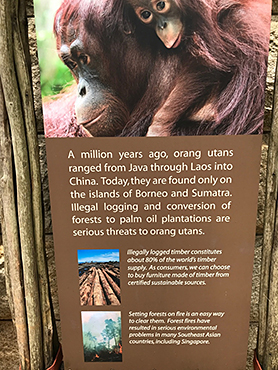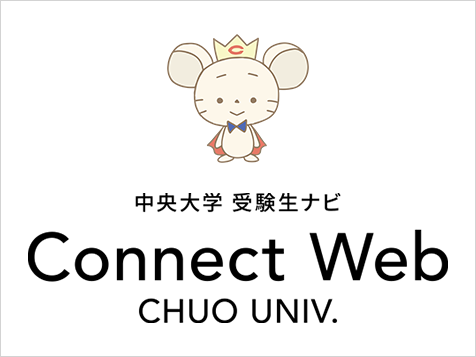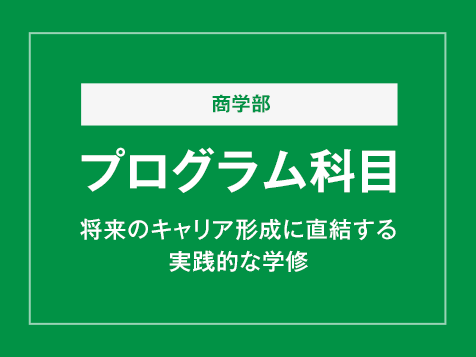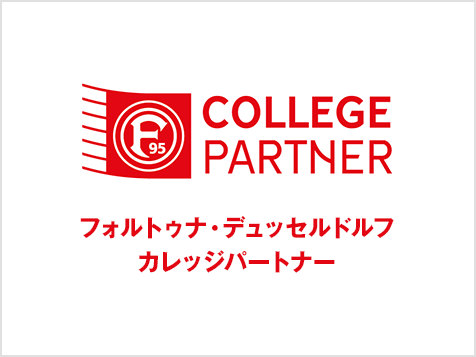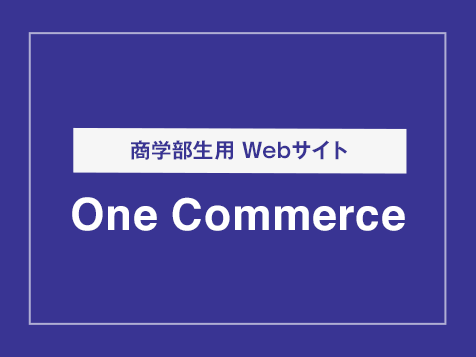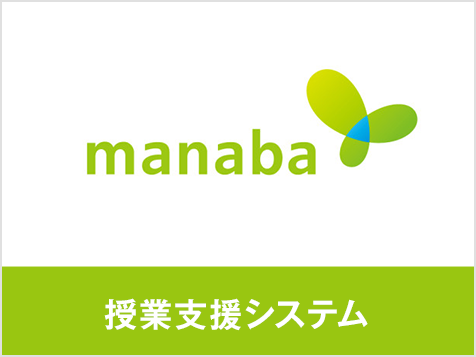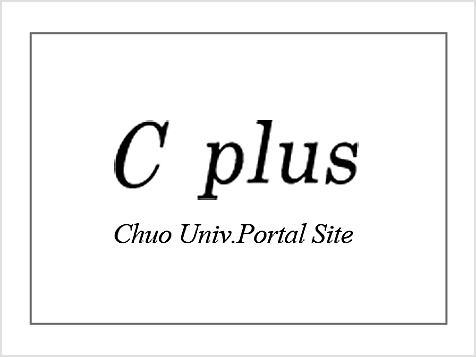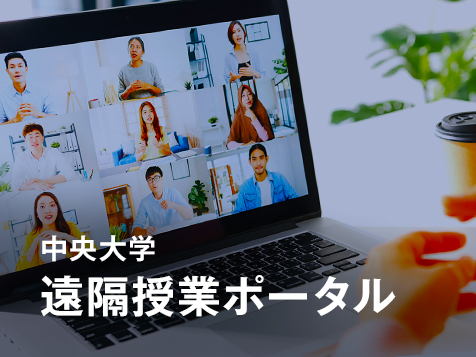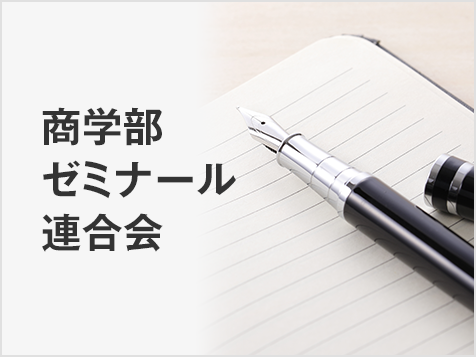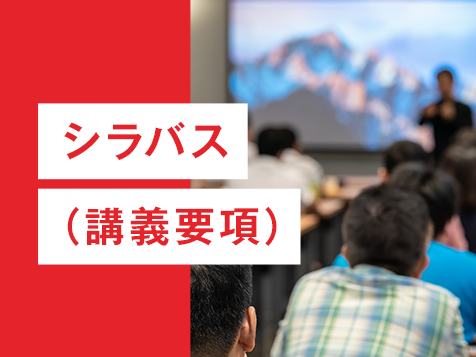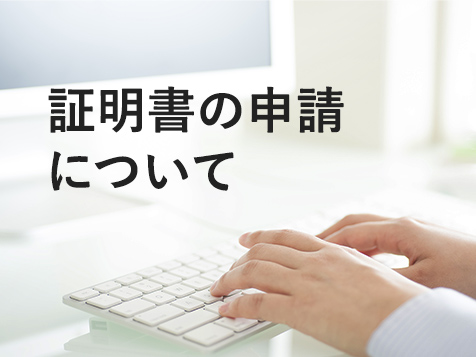学部・大学院・専門職大学院
吉村謙輔 シンガポール実態調査報告
タイトル:国際人入門(担当吉村謙輔)
授業名:ベーシック演習
調査日:2018年 2月 22日 〜27日
参加学生:1年生 16名
調査先:OMC Shipping PTE. Ltd., Mitsui &CO (Asia Pacific) PTE. Ltd., Singapore Management University, Yakult (Singapore) PTE Ltd, National Museum, Singapre Zoo, Sentoza Island.
調査の趣旨(目的)
The main purpose of the Study Tour was to visit business enterprises and production facilities in Singapore as well as the Singapore Management University in order to obtain knowledge that would help us understand how businesses work in the Context of this relatively young multi-ethnic and multi-cultural country.
We also focused on facts that make intercultural communication and efficient and ecucative eco-tourism possible there.
調査結果
OMC Shipping PTE. Ltd based in Singapore played a crucial role in keeping international shipping operations in the Singapore Strait with its busiest traffic in the world relatively safe. On the Basis of the safety and working condition related standards set by the International Labour Organization and the International Maritime Organization, they inspect the ships in this area and give valuable guidance to shipping companies. We were received by a highly multi-national team of specialists in the field of maritime safety and obtained insights into the close relationships between safe shipping operations and protecting ocean environment. Also, our discussions with the management of the Mitsui &CO (Asia Pacific) PTE. Ltd. offered us an unique opportunity to gain deeper understanding of day to day operations of a Japanese general trading company in Asia. We also talked about what kind of personal qualities is sought after in recruitment processes. Our findings suggest that formal test scores, such as TOEC scores are usually not helpful in real life business operations. Rather, intercultural communication skills combined with emphatical capabilities and clear sense of social responsibility are much more important. In other words, knowing why we learn and why we work is much more important than quantifiable skill sets. Our visit to the Yakult factory and in deapth discussions with the management team of Yakult Singapore showed us how product design has to reflect the specific tastes of the consumers in the country. While safeguarding the global product philosophy and brand image, adapting to the local needs is crucial for successful operations abroad. We also learned about the important role the so called Yakult ladies play in their distribution network in Singapore. Our interaction with the members of the Japanese Culture Club of the Singapore Management University, our visit to the Singapre Zoo and the National Museum, and our street surveys we conducted in Orchard and our visit to Sentoza island confirmed our assumptions on the importance of environmental protection and effective display of its successes as well as importance of the education of the public on the co-relation between history, economy and ecology.
